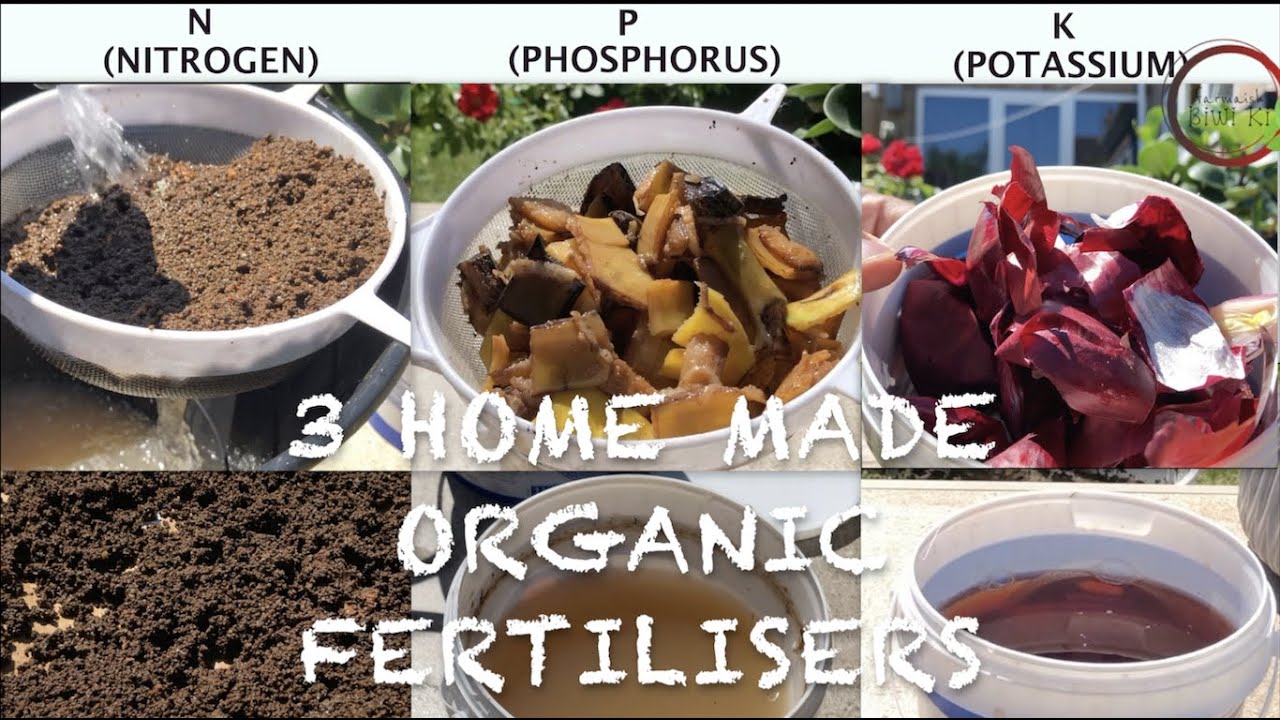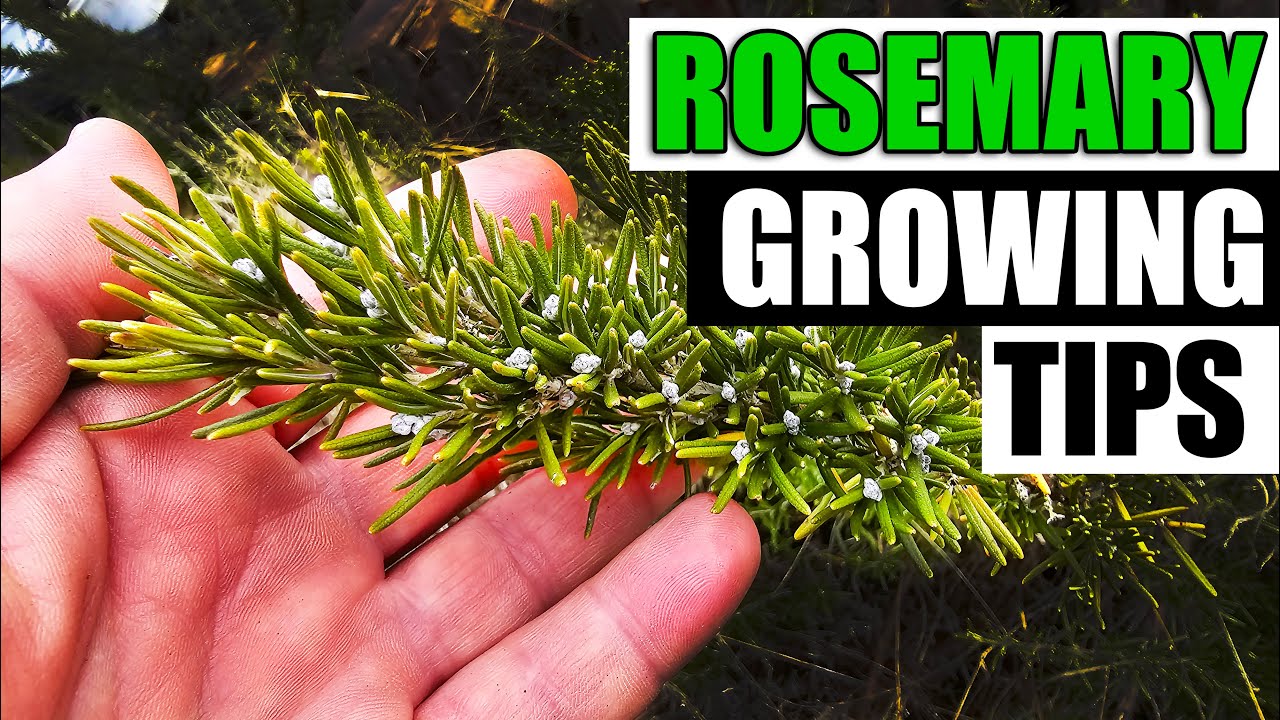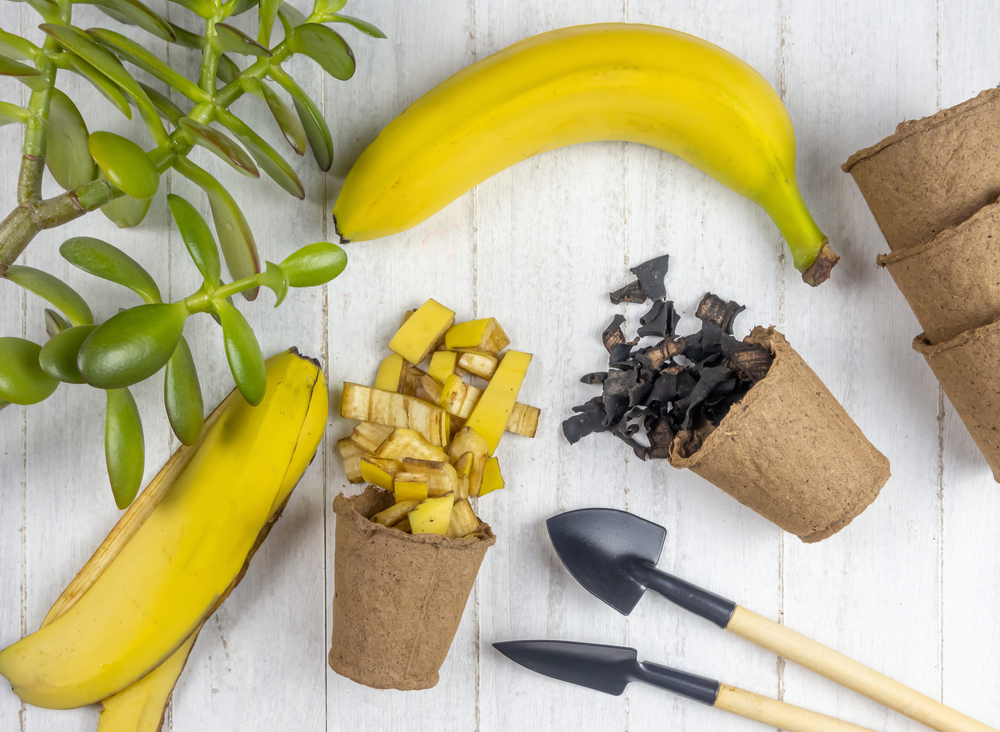How to Make Organic Nitrogen Fertilizer
Organic nitrogen fertilizer is a great way to nourish your plants without relying on synthetic chemicals. By using natural ingredients, you can provide your plants with the nutrients they need to thrive while also improving soil health. In this article, we will discuss how to make your own organic nitrogen fertilizer at home.
Why Use Organic Nitrogen Fertilizer?
Organic nitrogen fertilizer is beneficial for several reasons. It helps promote healthy plant growth, improves soil structure, enhances microbial activity in the soil, and reduces the risk of environmental pollution. By using organic fertilizer, you can feed your plants with a slow-release nutrient source that won’t harm the environment or your health.
Ingredients for Organic Nitrogen Fertilizer
- Compost
- Manure
- Coffee grounds
- Alfalfa meal
- Fish emulsion
These ingredients are rich in nitrogen, which is essential for plant growth. Compost adds organic matter to the soil and helps retain moisture, while manure provides a source of nutrients for plants. Coffee grounds are a great source of nitrogen and can also help deter pests. Alfalfa meal and fish emulsion are both high in nitrogen and can be easily absorbed by plants.
Steps to Make Organic Nitrogen Fertilizer
1. Start by gathering all the ingredients in a compost bin or container.
2. Mix equal parts compost, manure, coffee grounds, alfalfa meal, and fish emulsion in the container.
3. Stir the mixture well to ensure that all the ingredients are evenly distributed.
4. Allow the fertilizer to sit for a few weeks to allow the nutrients to blend together.
5. Once the fertilizer is ready, you can apply it to your plants by sprinkling it around the base of each plant and watering it in.
Tips for Using Organic Nitrogen Fertilizer
- Apply the fertilizer in the spring or fall for best results.
- Avoid over-fertilizing, as this can lead to nutrient imbalances in the soil.
- Store any leftover fertilizer in a cool, dry place for future use.
- Monitor your plants for signs of nitrogen deficiency and adjust your fertilizing schedule accordingly.
By following these steps and tips, you can make your own organic nitrogen fertilizer and help your plants thrive naturally. Give it a try and see the difference it can make in your garden!



